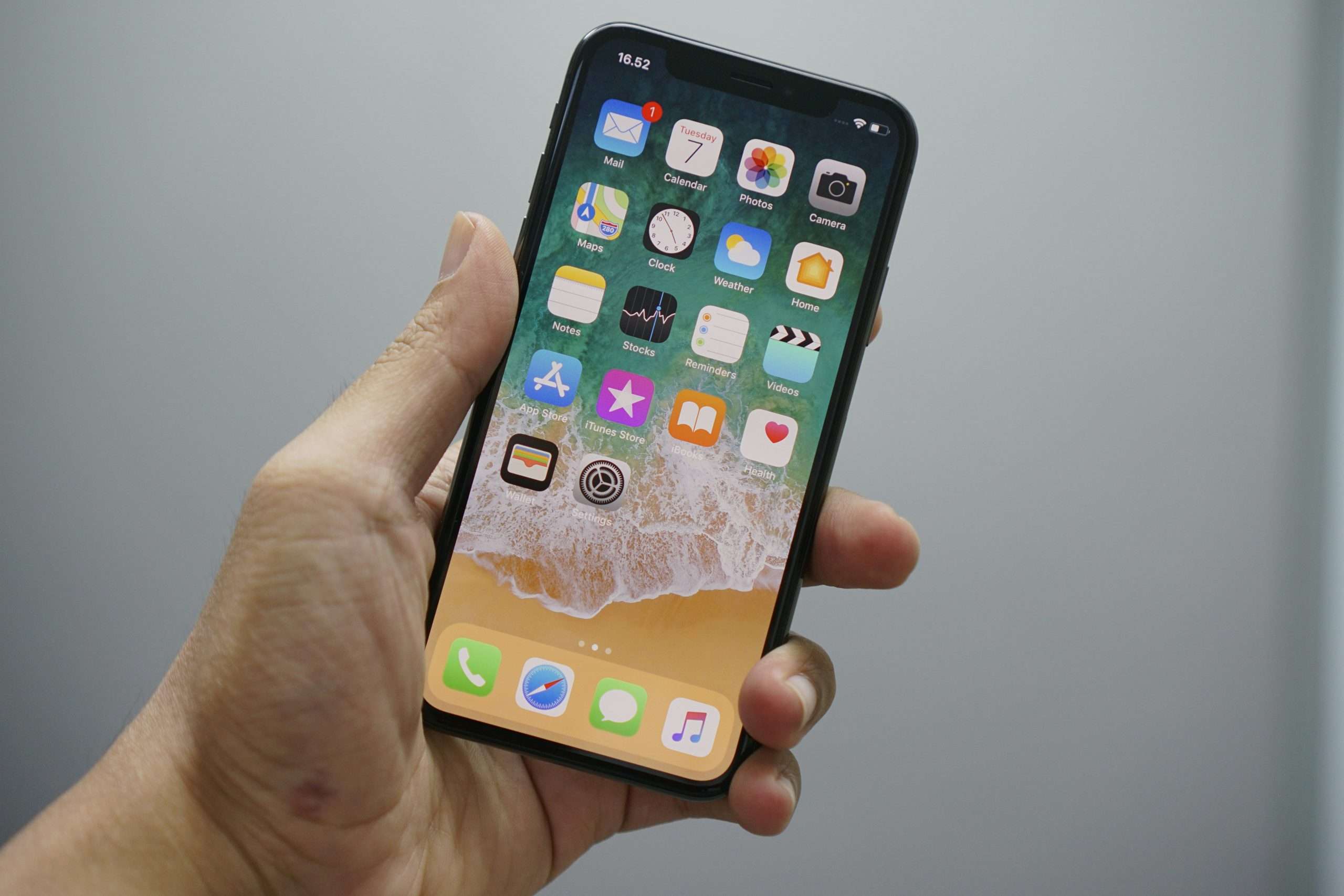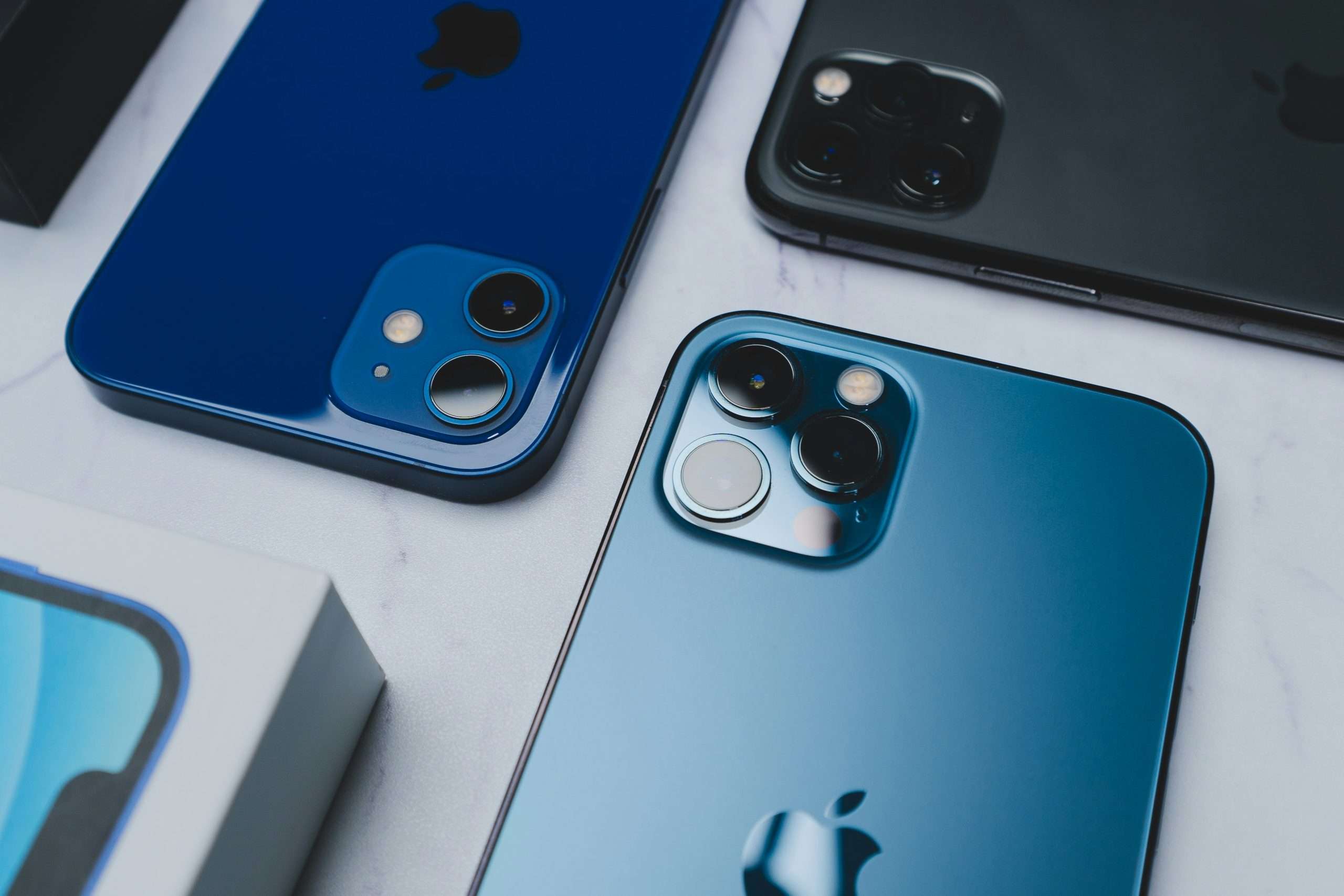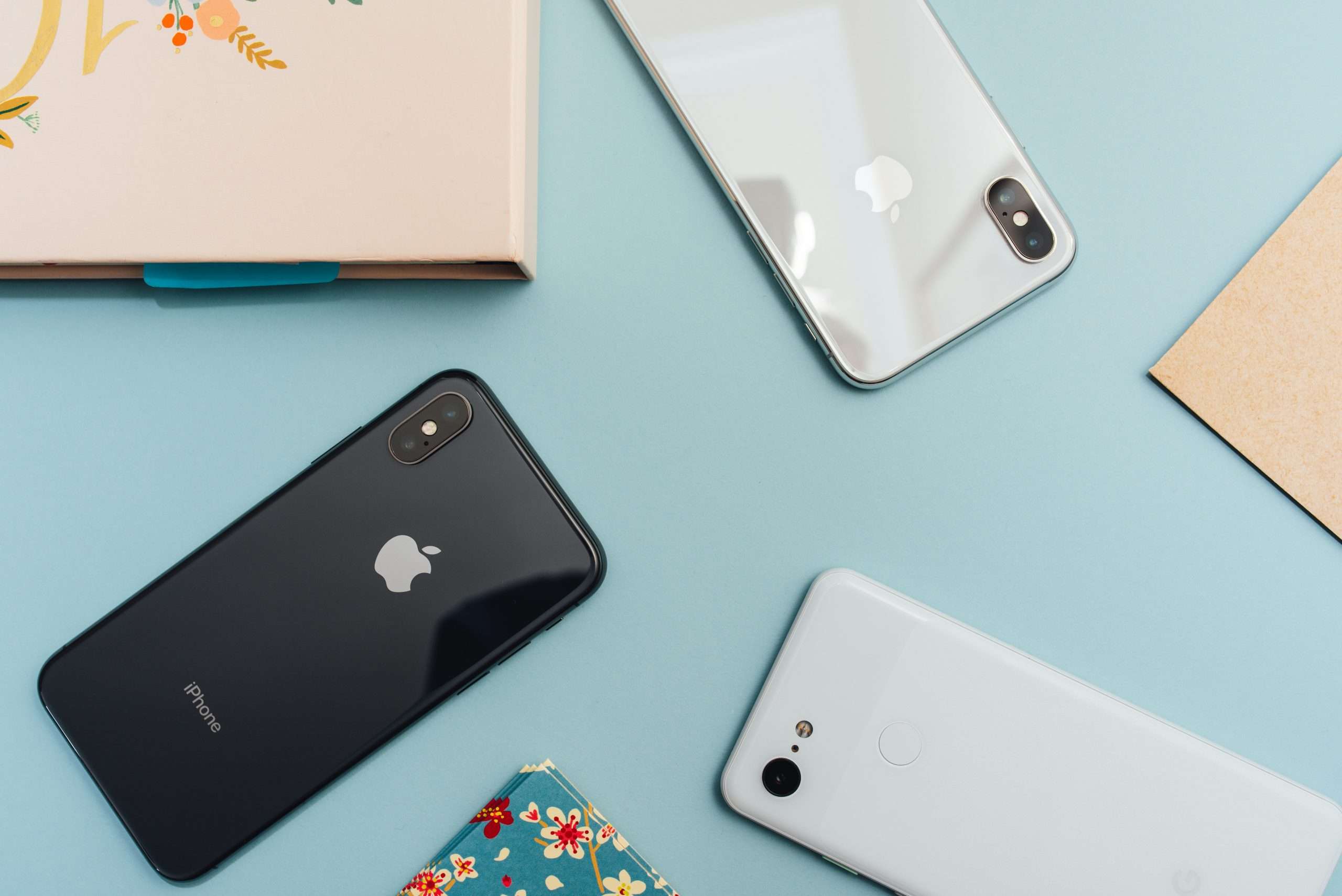In a world where our smartphones have become extensions of ourselves, constantly by our side, the last thing we want is for them to overheat and shut down unexpectedly. Have you ever been watching an engrossing video or playing your favorite game when suddenly your phone feels like it’s about to burst into flames? The frustration is real. But fear not, for in this article, we delve into the mysterious world of overheating phones and uncover the top 5 reasons why this might be happening to your beloved device.
Introduction
Imagine this scenario: you’re using your phone, browsing social media, watching videos, or perhaps navigating through a new city using GPS. Suddenly, you feel that familiar warmth emanating from your device, quickly escalating into a worrisome heat. Phone overheating – a frustrating and all-too-common issue many of us have experienced. But have you ever stopped to ponder why this happens? The reasons behind your phone heating up might surprise you.
In today’s fast-paced digital world, our smartphones have become more than just communication devices – they are extensions of ourselves. However, with their increasing complexity and power-hungry applications, it’s no wonder that our phones sometimes struggle to keep cool. From processor-intensive tasks to prolonged exposure to direct sunlight, there are various factors contributing to the overheating phenomenon. Understanding these reasons can help you not only prevent potential damage but also optimize your phone’s performance for smoother user experience.

Reason 1: Heavy Usage and Multitasking
Your phone is like a mini computer in your pocket, capable of performing multiple tasks simultaneously. However, heavy usage and multitasking can put a significant strain on its processors, causing it to generate excess heat. When you have several apps running in the background, streaming videos, playing games, and browsing the internet all at once, your phone has to work harder to keep up with these demands.
Moreover, constant multitasking can lead to increased power consumption, which in turn generates more heat. It’s essential to be mindful of how many apps you have open at once and close those that are not actively being used. By minimizing multitasking and giving your phone some breathing room, you can help reduce the risk of overheating and improve its overall performance.
Reason 2: Software Updates and Bugs
Software updates are crucial for the overall performance of your phone, but they can also be a source of overheating. When software updates are not optimized or compatible with your device, they can lead to increased CPU usage and memory consumption, which in turn causes the phone to heat up. Additionally, bugs in the software can create inefficiencies and increase the workload on the processor, resulting in overheating issues.
It’s important to stay on top of software updates and bug fixes to prevent your phone from overheating. Regularly check for updates from your device manufacturer and install them promptly to ensure that your phone is running smoothly. By addressing these software-related issues proactively, you can help maintain optimal temperature levels on your device and avoid potential overheating problems down the road.

Reason 3: Background Apps Running Constantly
Background apps running constantly can be a major culprit behind your phone overheating. These apps consume precious resources and generate heat even when you’re not actively using them. From social media platforms to messaging apps, these background processes keep running in the background, adding to the workload of your device. While it may seem convenient to have notifications and updates constantly flowing in, they can significantly contribute to your phone’s increasing temperature.
To tackle this issue effectively, consider limiting the number of apps running in the background or force closing unnecessary ones. Additionally, check your app settings to adjust how frequently certain apps refresh or send notifications. By managing these background processes more efficiently, you can reduce the strain on your phone’s system and help prevent overheating issues. Remember that even seemingly harmless background activities can collectively impact the overall performance and temperature of your device.
Reason 4: Environmental Factors like Sunlight
The amount of exposure to sunlight your phone receives can have a significant impact on its temperature regulation. Sunlight accelerates the heating process of electronic devices, causing them to work harder to maintain optimal functioning temperatures. This increased workload can lead to overheating, especially in devices that are left in direct sunlight for extended periods.
Additionally, prolonged exposure to sunlight can also damage the internal components of your phone over time. The heat generated by the sun can degrade the battery life and performance of your device, ultimately shortening its lifespan. To prevent overheating due to environmental factors like sunlight, it’s important to avoid leaving your phone in direct sunlight for long periods and consider using a protective case that offers additional insulation against heat buildup. Prioritizing shade and cooler environments when using your phone outdoors can help maintain optimal performance and prolong its longevity.

Reason 5: Faulty Hardware or Batteries
Think of your phone as a delicate piece of machinery, with its hardware and batteries working tirelessly to keep you connected. However, just like any other device, they can also be prone to faults and malfunctions. When either the hardware or batteries in your phone are faulty, it can lead to overheating issues that not only affect the performance but also pose a safety risk.
Faulty hardware components such as damaged chips, connectors, or circuits can disrupt the heat dissipation process within your phone, causing it to heat up unnaturally. Similarly, degraded or defective batteries can struggle to hold a charge properly and may generate excess heat during charging or heavy usage. It’s vital to address these underlying issues promptly by seeking professional help or replacing the faulty parts to prevent further damage and potential hazards.
Conclusion: Tips to Prevent Phone Overheating
To prevent your phone from overheating, it’s crucial to consider the environment it’s in. Avoid exposing your device to direct sunlight or extremely hot conditions for prolonged periods. Additionally, giving your phone breaks during intensive tasks like gaming or video streaming can help it cool down.
Ensuring proper ventilation is essential in maintaining a balanced temperature for your device. Using breathable phone cases and avoiding covering the heat sink area can aid in heat dissipation. Lastly, keeping your software up to date not only enhances performance but also includes bug fixes that could be contributing to overheating issues on your device.
Implementing these tips can significantly reduce the risk of overheating and prolong the lifespan of your phone. By being proactive and mindful of how you use and care for your device, you’ll ensure optimal performance and avoid potentially damaging effects caused by excessive heat buildup.






